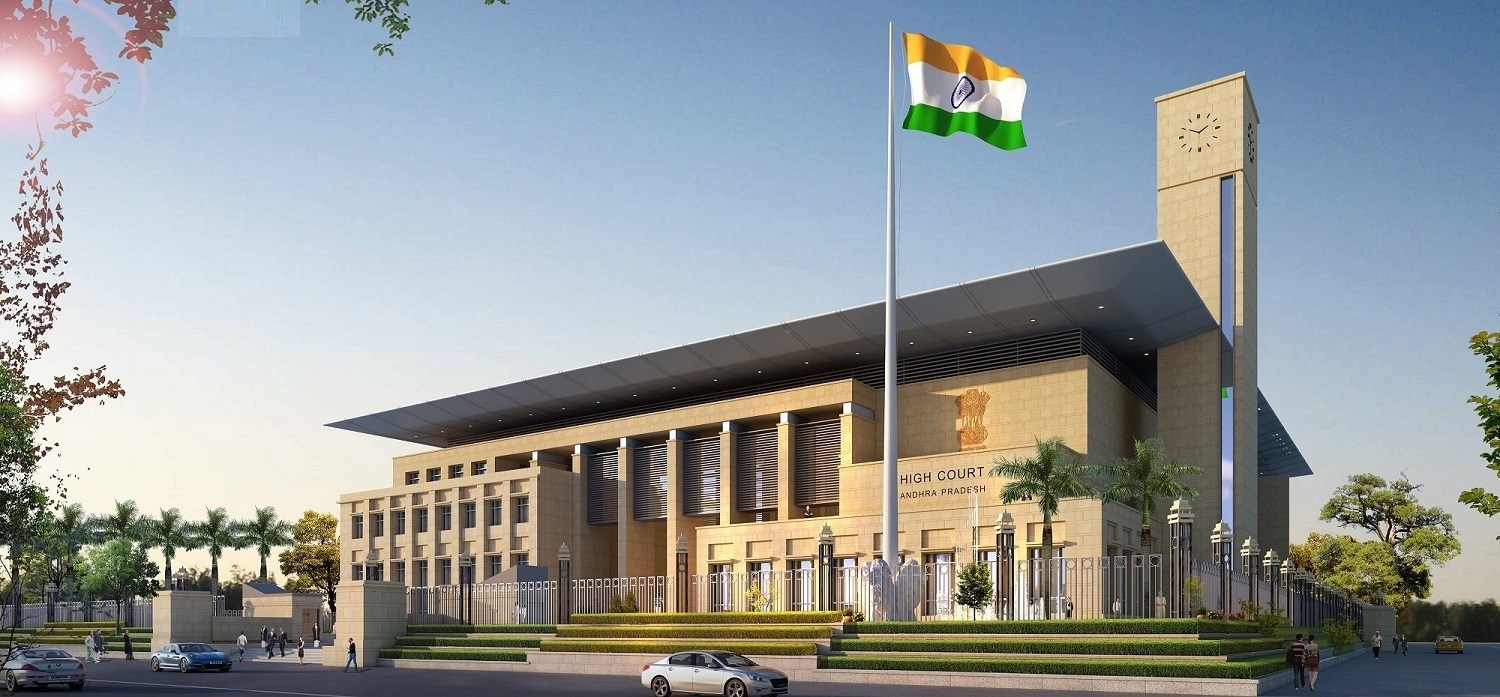-
by Admin
15 February 2026 5:35 AM



Court Affirms Election Petition as the Proper Remedy for Electoral Disputes Under Article 329(b) of the Constitution.
The High Court of Andhra Pradesh has dismissed a writ petition challenging the validity of election procedures in the 166-Chandragiri Assembly Constituency, reaffirming that electoral disputes must be addressed through election petitions. The petition, filed by Chevireddy Mohith Reddy, alleged electoral malpractices including voter suppression, ballot tampering, and violence. The bench, comprising Justices Subba Reddy Satti and Venkata Jyothirmai Pratapa, emphasized the constitutional bar on judicial interference in election matters during the process.
Bar on Court Interference:
The High Court reiterated the constitutional provision under Article 329(b) of the Constitution of India, which precludes judicial interference in electoral matters except through election petitions. The bench cited previous Supreme Court rulings to underscore this principle. “No election to either House of Parliament or the House or either House of the Legislature of a State shall be called in question except by an election petition presented to such authority and in such manner as may be provided for by or under any law made by the appropriate Legislature,” the court noted.
Electoral Malpractice Allegations:
The petitioner, a candidate from the Yuvajana Sramika Rythu Congress Party, claimed that the electoral process in Chandragiri was marred by numerous irregularities. Despite these allegations, the court maintained that such grievances should be resolved through an election petition post-election, not through a writ petition. The court referred to its previous decisions and the established legal framework to support its stance.
The judgment extensively discussed the legal framework governing electoral disputes. It highlighted that any allegations of electoral malpractice must be adjudicated through the specific mechanism provided by election laws. The court cited the landmark case of N.P. Ponnuswami v. Returning Officer, which establishes that election disputes should be postponed until after the election process is completed to avoid disruption.
Justice Venkata Jyothirmai Pratapa remarked, “Article 329(b) of the Constitution unequivocally declares that no election shall be called in question except by an election petition. This constitutional provision acts as a ‘Great Wall of China’ which the courts must respect.”
The High Court’s decision underscores the judiciary’s adherence to the constitutional framework governing electoral disputes. By dismissing the writ petition, the court reaffirmed the necessity for election-related grievances to be addressed through the appropriate legal channels post-election. This ruling is expected to have a significant impact on how future electoral disputes are handled, reinforcing the sanctity of the election process and the specific remedies provided by law.
Date of Decision: 23rd May 2024
Chevireddy Mohith Reddy v. The Election Commission of India & Ors.
